Besides politics, pineapple pizzas and Elon Musk’s Twitter feed, few things stoke as much virulent social division as a Best Albums list. Pub tables are rent asunder over the precise relative merits of Hunky Dory and It Takes a Nation of Millions to Hold Us Back. WhatsApp groups shatter over whether Nevermind trumps The Queen Is Dead. Entire families are separated forever into warring factions of Bob Dylan’s Blood on the Tracks versus Beyonce’s Lemonade.
Because, no matter what your musical taste, you’re not wrong. It’s just that sometimes a critical hysteria hits, mass sonic delusion descends and records are hoisted into positions of historic and cultural importance that you don’t think they quite deserve. And saying so risks social exclusion, online cancelling and a sudden walk-out by that hot Hinge date who loves The King of Limbs.
Well, below a selection of Independent writers take their careers, reputations and online lives in their hands and tackle some perhaps over-worshipped holy cows of music. Some are slaughtered, some just nudged a little way back into the herd. You’ll probably disagree with every single selection in this list of their most overrated albums, but let he who truly adores Trout Mask Replica cast the first stone…
25. Madonna – Confessions on a Dance Floor
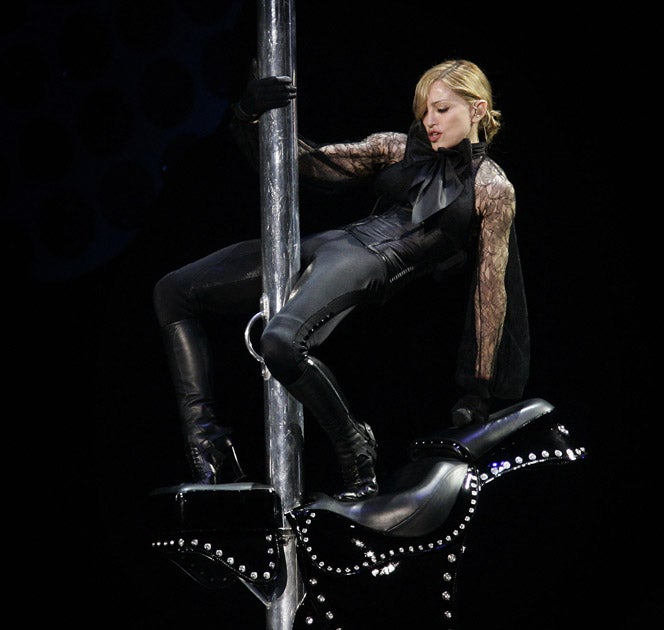
Confessions on a Dance Floor was designed as a remedy, a chart-friendly comeback album led by an Abba-sampling pop steamroller of a single in the form of “Hung Up”. But this is a record largely embraced back in 2005 for what it wasn’t: namely American Life, Madonna’s personal, political and controversy-dogged album from two years earlier. While American Life, in all its unpretty soul-baring and cyborgian vocals, has improved with age, though, Confessions feels less and less essential to the canon of Madonna classics.
It’s still very good, of course, a full-throated disco pastiche that undeniably pops off at every turn, but it’s also an album that coasts largely on vibes and nostalgia. These are roads Madonna only ever goes down when she’s hit a creative or commercial wall; her very best work is forward-thinking, experimental and typically misunderstood upon arrival, none of which applies to Confessions. Adam White
24. The Beatles – Sgt Pepper’s Lonely Hearts Club Band
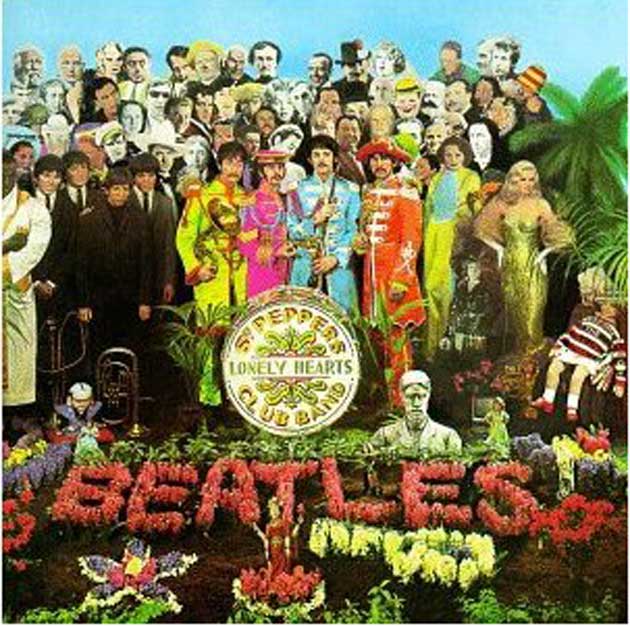
Because sometimes even the best records ever made can get a bit… overhyped. For decades after its release, Sgt Pepper… was lauded as the pinnacle of rock achievement, and I can understand why. It’s excellent. It revolutionised popular music, defined Sixties psychedelia and instigated art-rock with its grand jete into the experimental studio-as-instrument world. It’s got “Lucy in the Sky with Diamonds”, “She’s Leaving Home”, “A Day in the Life” and by far the best Ringo song in “With a Little Help From My Friends”. Sonically, conceptually and visually – that Where’s Crowley? cover! – it melted 1967’s mind.
Over time, though, history has rightly elevated Revolver, The White Album and Abbey Road above what was once declared The Beatles’ Mona Lisa. As much as I love it, I can’t help but feel a little underwhelmed once “Being for the Benefit of Mr Kite!” waddles in like a circus elephant driving the clown car, knowing that George’s most lacklustre raga (“Within You Without You”) and a couple of Paul’s cheesiest “granny songs” (“When I’m Sixty-Four”, “Lovely Rita”) are still between me and that magnificent “A Day in the Life” crescendo. Mark Beaumont
23. Billie Eilish – When We All Fall Asleep, Where Do We Go?
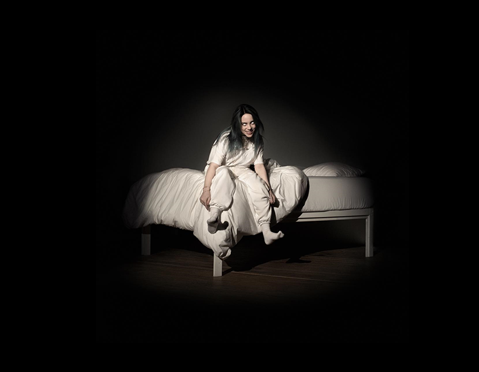
Billie Eilish seemed to arrive on the music scene almost fully formed. She had her own look (big, baggy clothes, eschewing the typical pop aesthetic) her own origin story (a homeschooled kid, the child of actors) and her own sound – a sort of pulsey, emo-y strain of electro-pop.
By the time her debut LP, 2019’s When We All Fall Asleep, Where Do We Go?, came out, she was already a 17-year-old sensation, complete with her own clothing line and a millions-strong social media following. It’s no wonder, then, that everyone jumped to declare this album a triumph. In reality, it’s an uneven mix of tracks, buoyed by a few standouts – “Bury a Friend”, and the infectious hit “Bad Guy” among them. Thankfully for Eilish, things only went up from there. Louis Chilton
22. PJ Harvey– Let England Shake
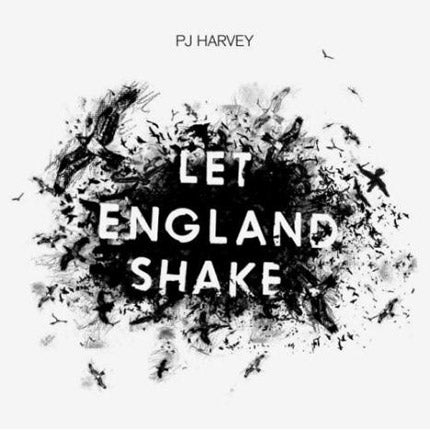
When Polly Harvey returned from the Dorset wilds in 2011 dressed to curse the entire village for a hundred winters hence, it marked another intriguing evolution in a wonderfully chameleonic career. The accompanying album, Let England Shake, was an engrossing curio too – a record steeped in dark ages atmospheres, stories of ancient English wars and awkward fox-hunting hooklines.
The way in which it has been absolutely drowned in plaudits, though, overshadowing her entire previous output, feels like a hex of blind devotion had been cast over the critical community, erasing all memory of being knocked back on our heels by “Oh My Lover”, rocked to the marrow by “50ft Queenie” or lured into the seductive depths of “Down by the Water”. Pitchforks away, pagan rockers: I come not to bury Let England Shake, but to place it less dominantly in one of our finest artbrock canons. MB
21. Lorde – Pure Heroine

Lorde’s “Tennis Court” was huge, her debut single, “Royals”, even bigger. With “Tennis Court”’s hip-hop influenced electronic beats, glowering synths and her laconic delivery, the New Zealander captured a specific kind of teenage ennui, one of manicured lawns and identikit shopping malls. The songs were so good, they sparked rumours that Lorde was an “industry plant”, the concept of some cynical label executive rather than a 16-year-old writing from her childhood bedroom.
Critics and artists alike saw her as the bright hope in an age of what Dave Grohl misogynistically branded “stripper pop”, claiming it reminded him of the Nirvana aesthetic. David Bowie hailed her as the “future of music”. But really, with those two exceptions, what about 2015’s Pure Heroine is so stand-out? “Team” is like a muted take on The Naked and Famous’s buzzy 2010 single “Punching in a Dream”; the soporific “Still Sane” owes a lot to The xx and Sylvan Esso. Yes, there was the occasional snatch of brilliance, but it isn’t – as Apple Music declared earlier this year – one of the 100 best albums of all time. A more worthy contender would be her 2017 follow-up, Melodrama. ROC
20. David Bowie – Low
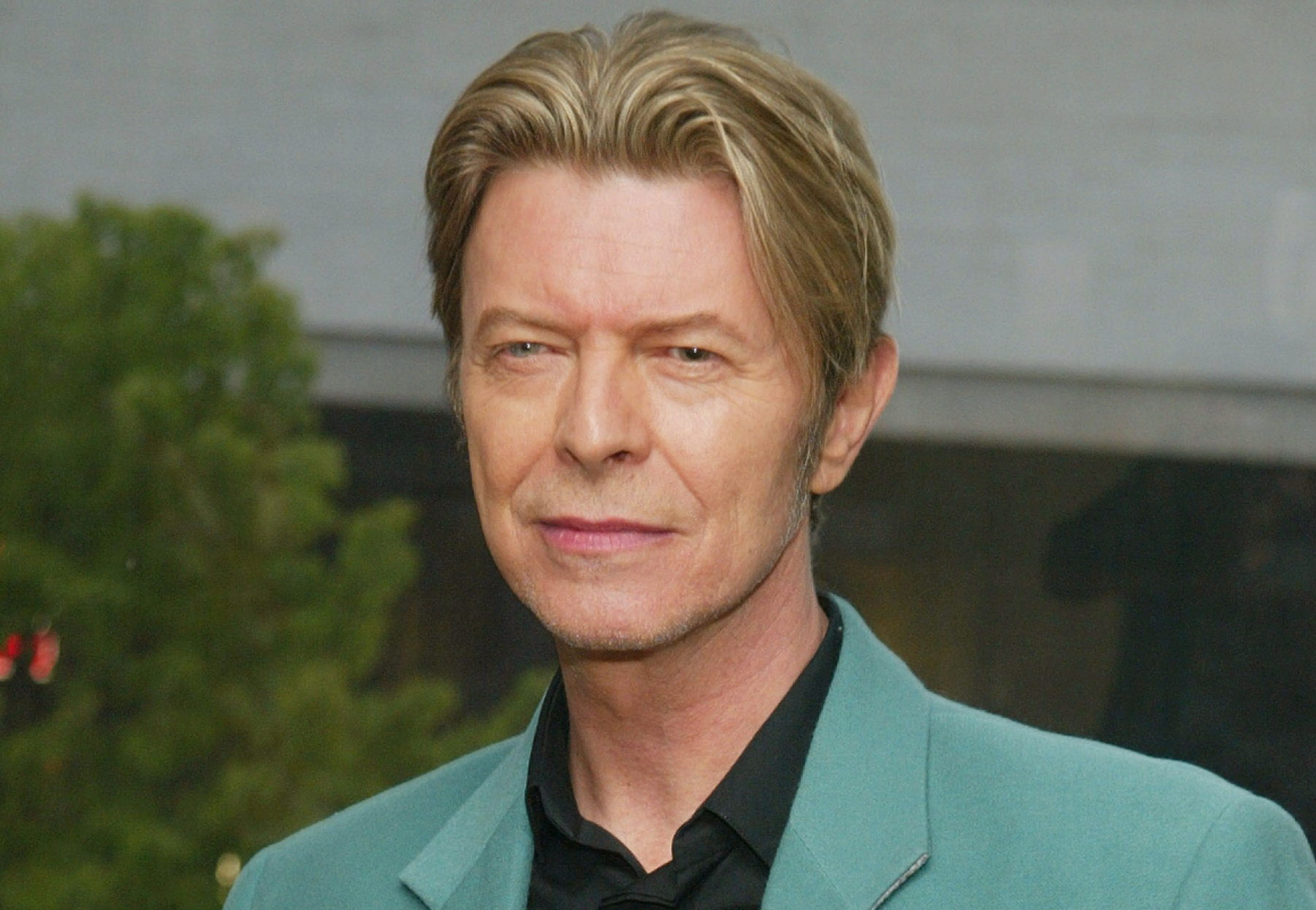
When Low was released in 1977, NME ran two conflicting reviews of it alongside each other: one fawning, one scathing. It was, after all, effectively two conflicting experiences welded abruptly together. Nobody’s arguing with side one, where the gradually corroding funk of Young Americans and Station to Station married Bowie’s fresh fascination with krautrock electronics to create a groundbreaking clutch of songs that rushed the zeitgeist on, quick-smart, towards post-punk. Fantastic, bung it on again.
The lengthier instrumental soundscapes on side two – emerging from Bowie’s work on the soundtrack to The Man Who Fell to Earth and, steeped in Brian Eno’s ambient textures, intended to reflect Bowie’s experience of a divided Berlin – work great as an evocative stand-alone piece too. Stapled together though, they’ve always struck me as a lop-sided experience rather than a cohesive art-rock statement. A Harley-Davidson and transparent fibreglass sidecar of a record; a post-coital cigarette. That said, Low could be seen as symbolising Berlin itself in 1977: wild, uninhibited freedom on one side, a cold, joyless hinterland on the other. MB
19. The White Stripes – Elephant
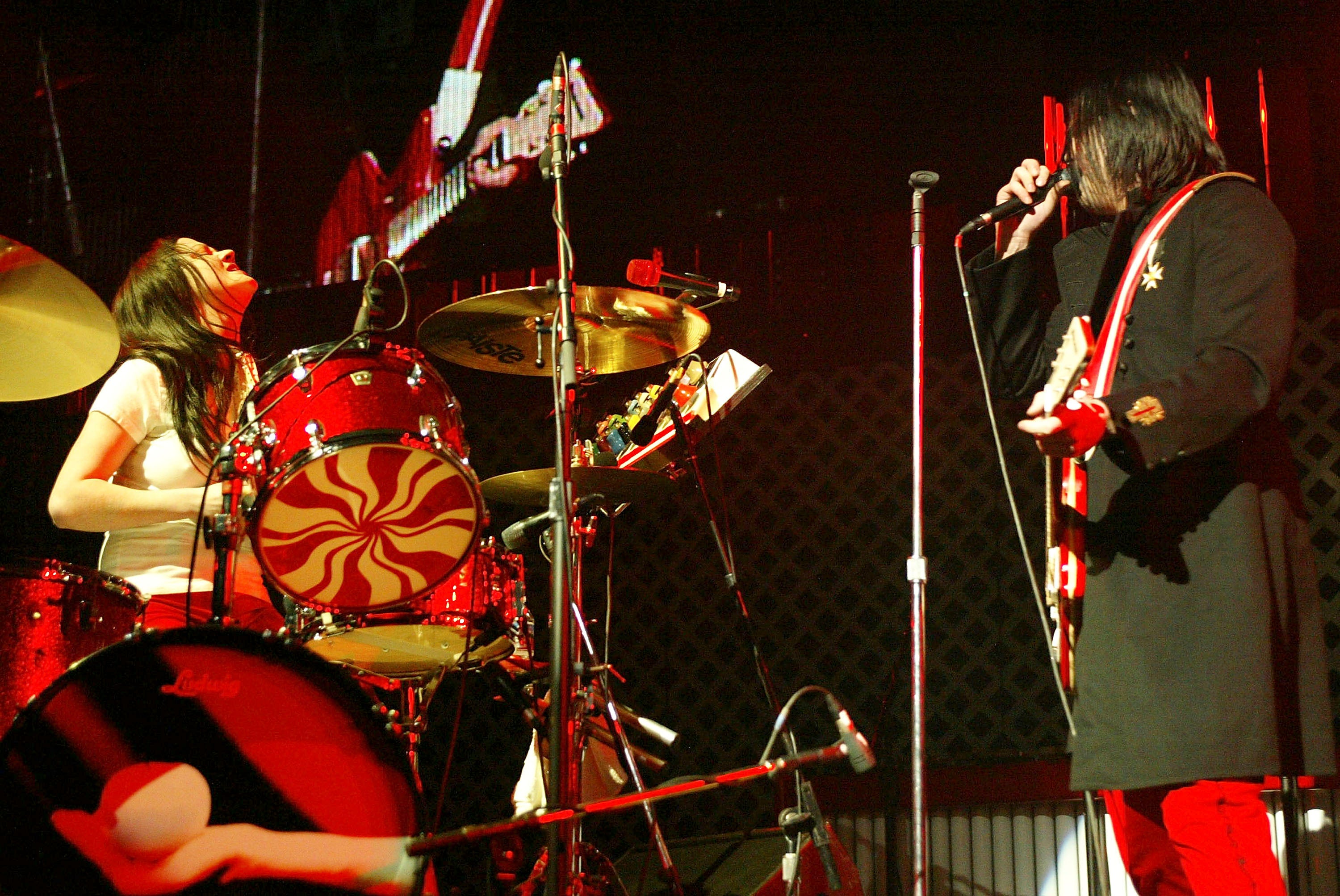
When The White Stripes first appeared, they seemed almost anti-gravitational. There was something magical in the way lo-fi, hunk-of-metal of tunes such as “Fell in Love with a Girl” or “You’re Pretty Good Looking (For a Girl)” seemed to glide by, almost frictionless. Perhaps this was the result of a fly-by-night recording approach – 2001’s White Blood Cells was knocked out with one week’s rehearsal and three days of recording.
When they came to spend a marathon two weeks in East London’s Toe Rag Studios for their most professional recording yet, the results sometimes lumbered as much as its title suggested. Elephant (2003) is a mighty record containing some of Jack and Meg White’s finest tunes – “Seven Nation Army”, “The Hardest Button to Button” – but Jack’s guitars feel far weightier here, and the pace almost lumpen at times. A rush to crown the pair as Noughties indie royalty saw the record hailed as their towering achievement, but White Blood Cells is a much more breathless and pulse-quickening affair. MB
18. Self Esteem – Prioritise Pleasure
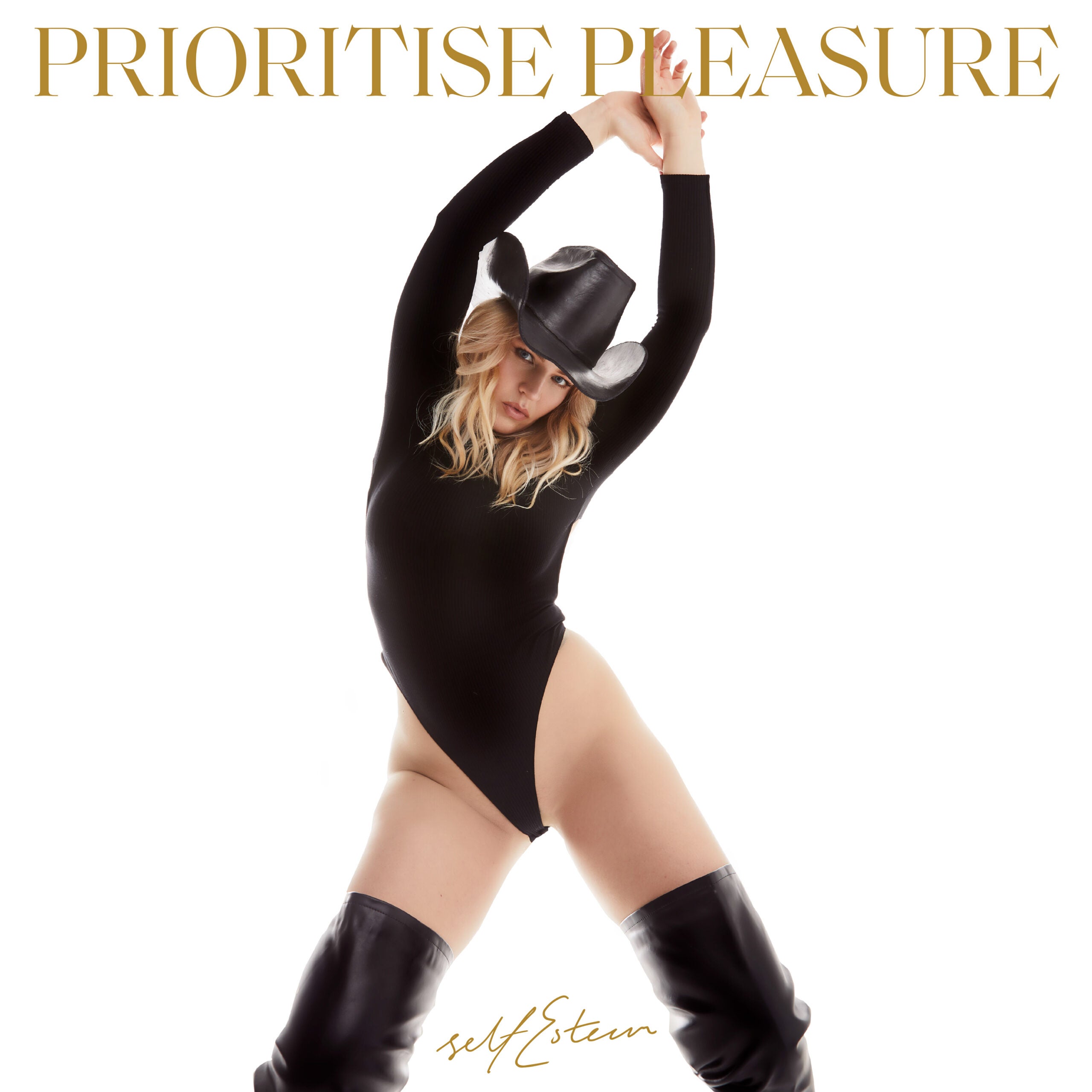
The British media frenzy around Self Esteem – aka Slow Club’s Rebecca Lucy Taylor – and her second album felt a touch ridiculous when you actually tuned into Prioritise Pleasure. She was hailed as a “modern pop star” but the messages in her songs – particularly on the spoken-word “I Do This All the Time” – felt bafflingly hackneyed, a throwback to the capitalism-friendly feminism we endured in the mid-2010s. “Getting married isn’t the biggest day of your life,” Taylor intones, backed by a saccharine gospel choir. You go, girl!
It didn’t help that Taylor’s contemporaries were exploring what it means to be a woman in the 2020s in far more powerful, intersectional and nuanced ways. Chappell Roan released the glorious and defiant “Pink Pony Club” (which three years later is turning into one of our biggest queer anthems), while British rapper Little Simz dropped the extraordinary Sometimes I Might Be Introvert. Prioritise Pleasure’s plodding electronic-pop pales in comparison to Simz’s dramatic orchestral arrangements and deft explorations of institutional racism, wealth disparity, political corruption, ego and Black womanhood. Fortunately, the Mercury Prize judges saw sense and awarded Simz the honour (over Taylor). Roisin O’Connor
17. U2 – Songs of Innocence
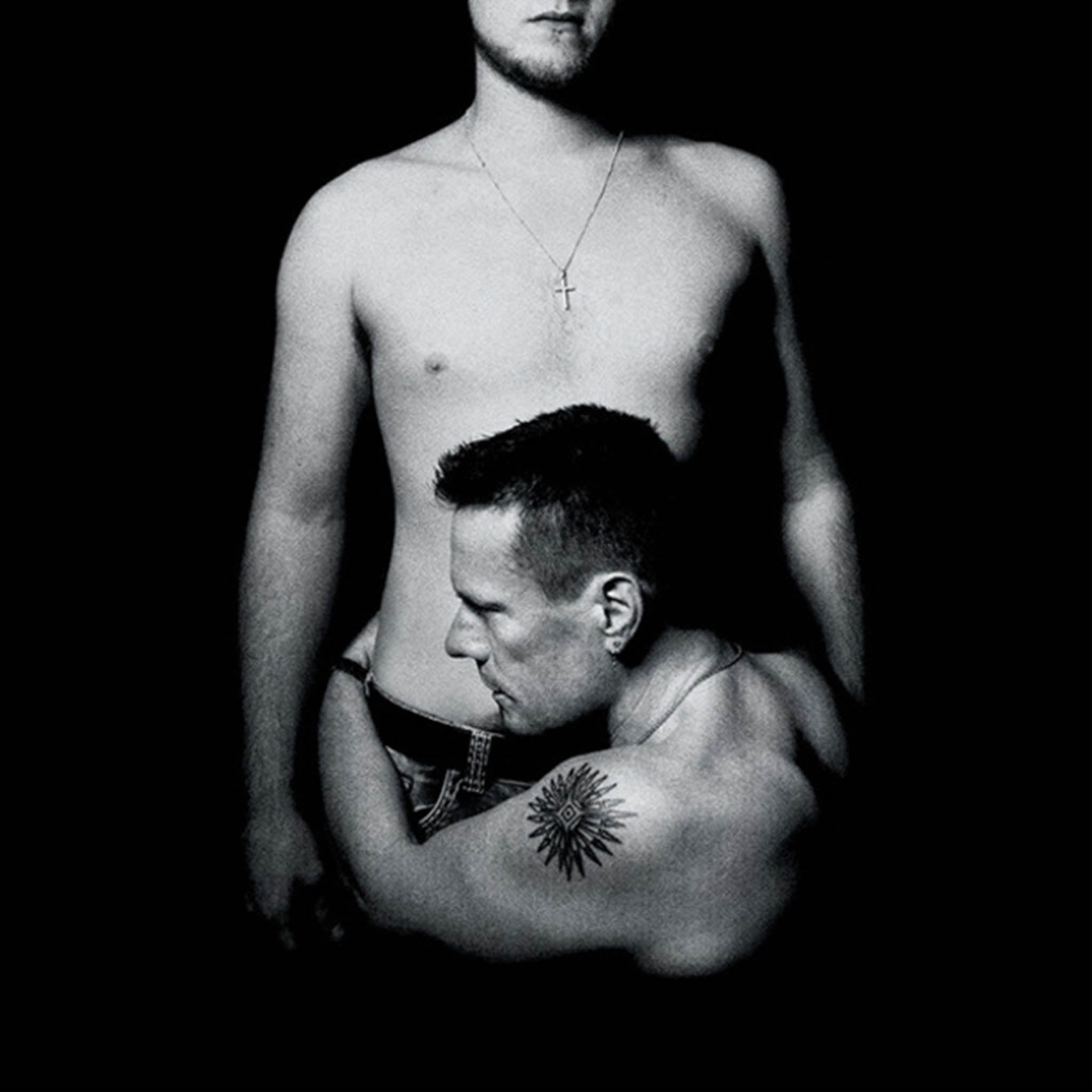
Admittedly U2 did more damage to this album’s legacy than any song on its tracklist when they forced Songs of Innocence on more than half a billion iTunes customers back in 2014 – with no option to opt-out. The move was widely considered to be one of the worst marketing decisions of all time, and yet come December, Songs of Innocence made it onto several critics’ best of end-of-year rankings, with Rolling Stone going so far as to award it the top spot.
The record played it absurdly safe – mixing the band’s worst inclinations, such as its sweeping generalities and that vaguely inspirational tone, into a flavourless 11-track rock soup. The blandness of the record is all the more baffling when you look at the years (three) and the producers (five) that it took U2 to make. Nothing on the record comes even close to The Joshua Tree. It’s not a terrible album, but put it like this – the iTunes sneak attack is the only thing you remember about it. Annabel Nugent
16. Taylor Swift – The Tortured Poets Department
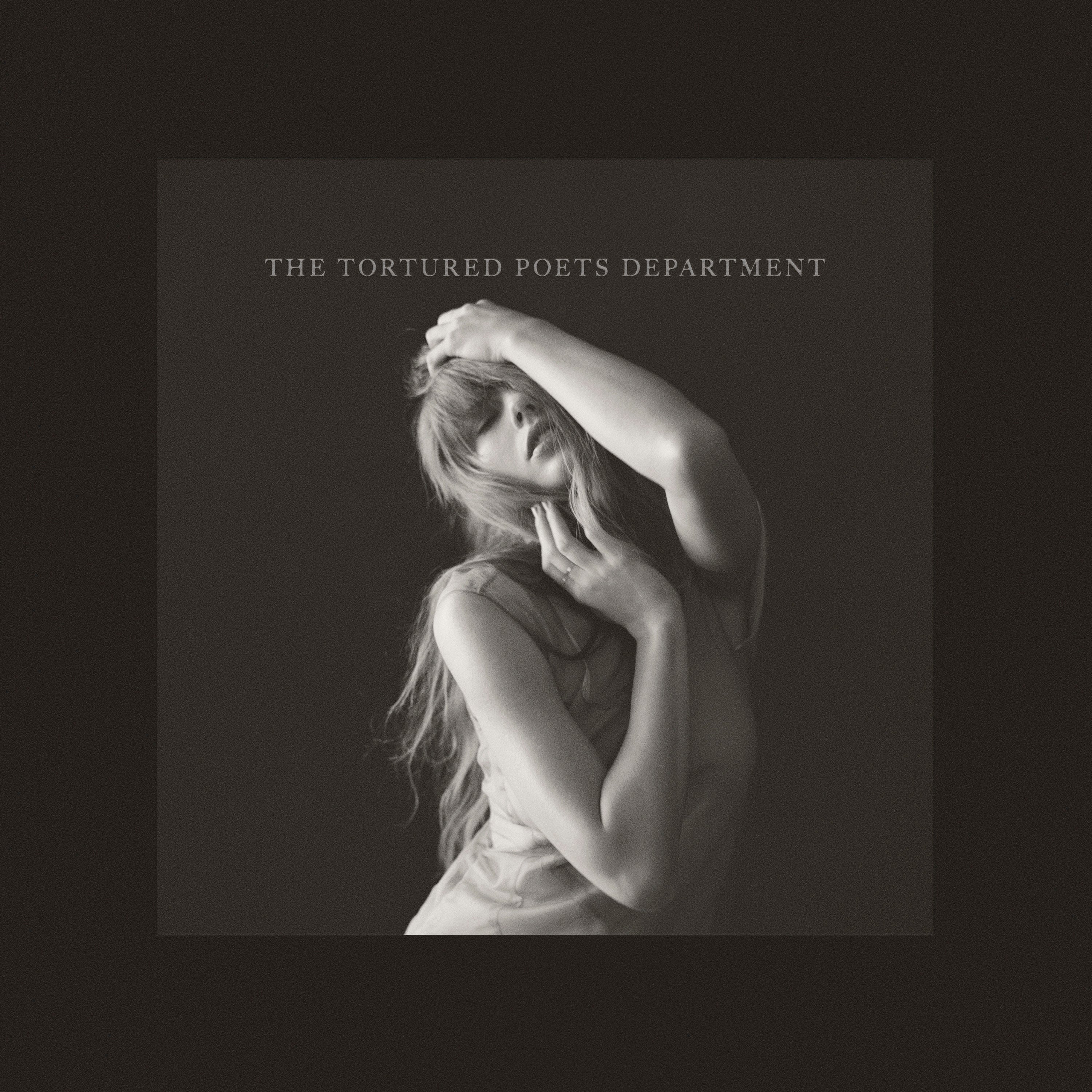
Despite earning Swift a handful of middling reviews from critics, her April album The Tortured Poets Department still drew effusive praise from many outlets (this one included) – regardless of the stagnancy of its sound, the overheated metaphors of its lyrics, and the indulgence of its 31-track length. It’s no real surprise that conversations around the record quickly became about Swift’s capitalist supremacy than the work itself – this is an album with very little to say and a chronic inability to say the interesting stuff succinctly.
Swift has chugged along in the spotlight without breaks for years now, and it feels pointed that her finest material in the last decade was produced while she was literally unable to do anything other than make music – the gorgeous 2020 two-hander Folklore and Evermore were products of Covid-era quarantine. Tortured Poets, meanwhile, was released amid peak Swiftageddon – the Eras tour, the Eras tour film, the endless re-records of her past albums – and sounds unsurprisingly exhausted. Swift picks over old tropes (witches again?), old feuds (Kim again?) and old melodies (Jack Antonoff again?). It’s the sound of an artist so powerful and successful that no one dares challenge her or suggest she rest or regroup for a while. AW
15. Bruce Springsteen and the E Street Band – Letter to You

It’s easy to see why praise was lavished on the Boss’s 2020 record – a thumping rock throwback that approximated the kind of rich, rollicking sound the E Street Band regularly conjure on stage. The problem, such that it is, lies in the material.
While there are a couple of tracks here that punch their weight alongside the Springsteen classics of yore (“Ghosts”; “I’ll See You In My Dreams”), most of the album is, in the scheme of the New Jersey rocker’s storied career, nothing special. To put out an album this solid and vivacious at the age of 71 is enough of a feat to be proud of, but many critics were kidding themselves – it’s not a throwback to the glory days. LC
14. Sex Pistols – Never Mind the Bollocks, Here’s the Sex Pistols
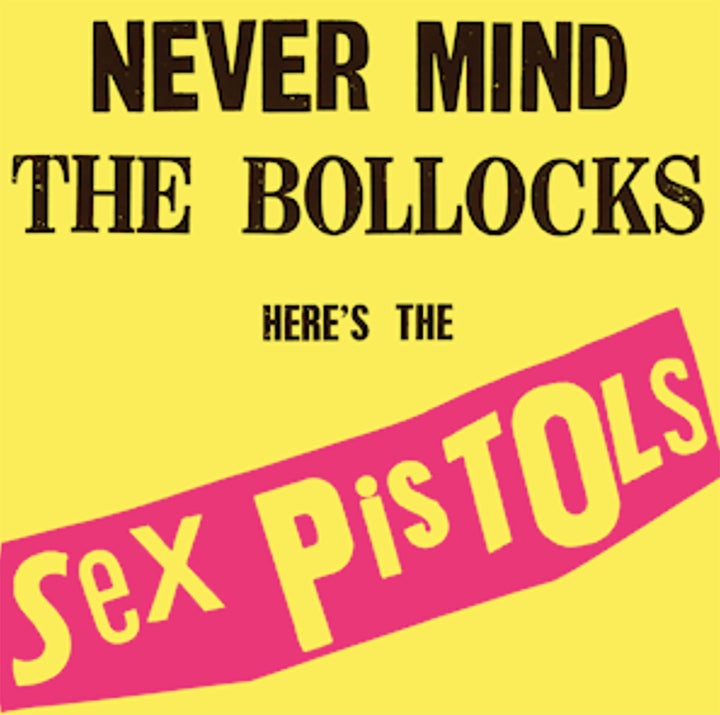
Yes, it had shock value, but that’s about all Never Mind the Bollocks... has going for it. It doesn’t help that the headline-generating punk upstarts were working with a producer who was, as John Lydon put it, “deaf in one ear and tone deaf in the other”. Lydon, meanwhile, couldn’t sing – an unenviable quality in a frontman – and he couldn’t write much, either. “Bodies”, a grim salvo about a fan who told Lydon in graphic detail about the abortions she’d gone through, was ostensibly about “the pain of abortion”. Yet it comes off as distinctly anti-abortion and, more so, anti-woman. “Mummy, mummy, mummy, I’m an abortion,” Lydon squalls, “Throbbing squirm, gurgling bloody mess.”
Elsewhere, it doesn’t get much better. Lydon’s overexaggerated drawl is borderline unlistenable over the drab instrumentation of “Seventeen”, while B-side “No Feelings” narrates from the perspective of a cad who seems to get a thrill out of beating up his girlfriend. You can argue that the anarchic lyrics and the band’s posturing successfully reflected the bristling anger of youth in the Seventies, but it has none of the eloquence of say, London Calling, Horses, or Ramones. ROC
13. Boygenius – The Record
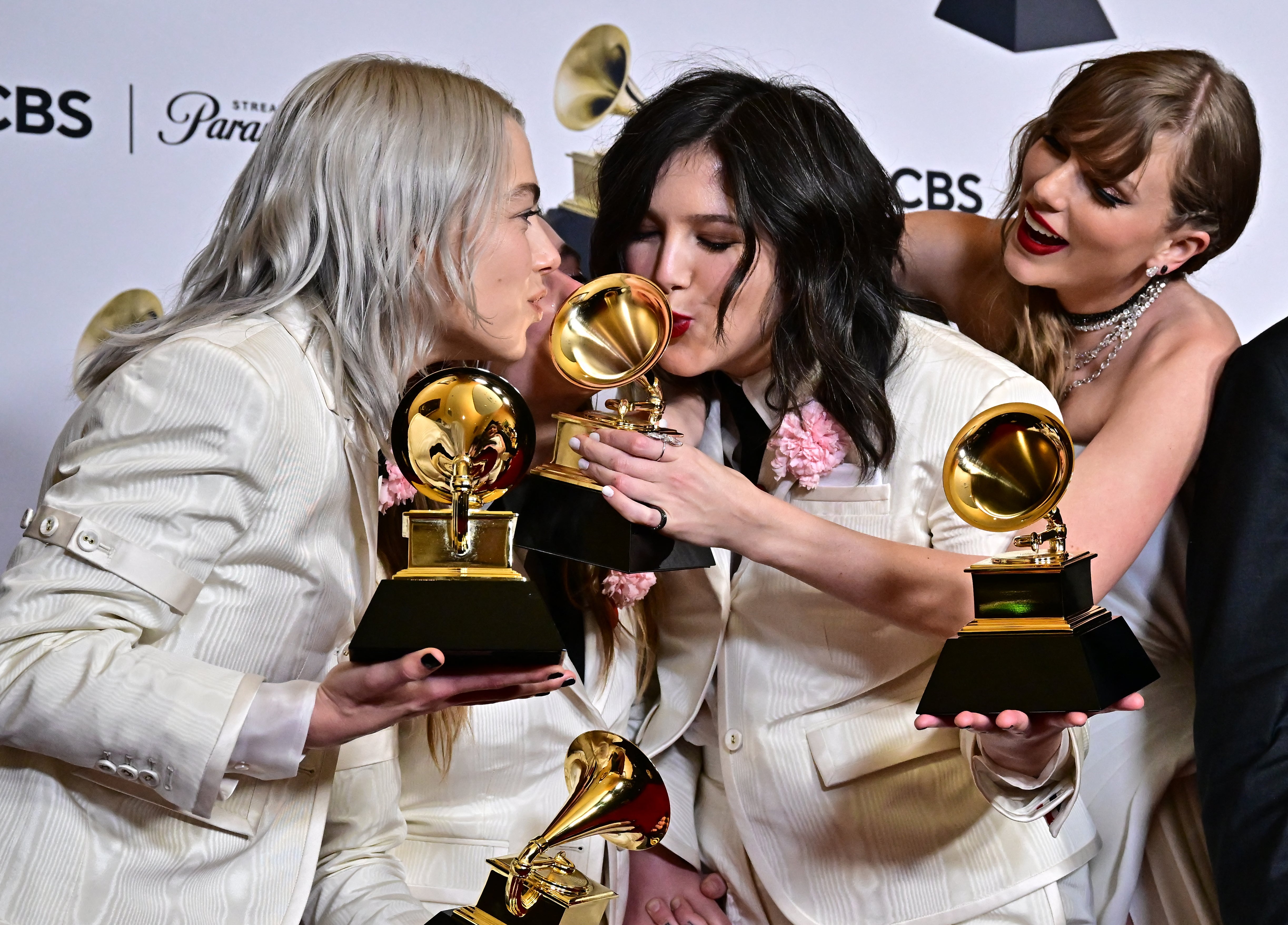
The Record, the debut full-length album from indie rock supergroup Boygenius – Julien Baker, Phoebe Bridgers and Lucy Dacus – was a perfectly fine piece of collaborative work. It was also an avidly acclaimed, Grammy-winning breakthrough into the mainstream for all three members (particularly Baker and Dacus, with Bridgers having enjoyed the largest pre-existing public profile).
Yet all three artists had done better and more vibrant work elsewhere – Dacus in 2018’s phenomenal Historian, Baker in 2021’s Little Oblivions, Bridgers most memorably in 2017’s Stranger in the Alps.The Record represented a bit of a stagnation in their evolution as songwriters, even if the harmonies are admittedly on point. LC
12. Van Morrison – Astral Weeks

There’s no denying Astral Weeks is a great album – a wholly singular record that epitomised the boundary-breaking artistic possibilities of the 1960s counterculture. But its place at the de facto pinnacle of the Van Morrison discography simply isn’t rational. Does it match the relentless brilliance of Moondance, which channelled that same musical ingenuity into an album of wall-to-wall bangers? Does it equal the limber genre fusions of Saint Dominic’s Preview?
Similar questions could be asked of Veedon Fleece, Wavelength, Into the Music, or Common One: Morrison’s output, for the first few decades of his career, was a mountain range of incredible peaks and few valleys. Why is Astral Weeks so often the star boy? Morrison himself described it as “samey”. Better to do like the hippies, and share the love around. LC
11. Arctic Monkeys – Tranquility Base Hotel + Casino
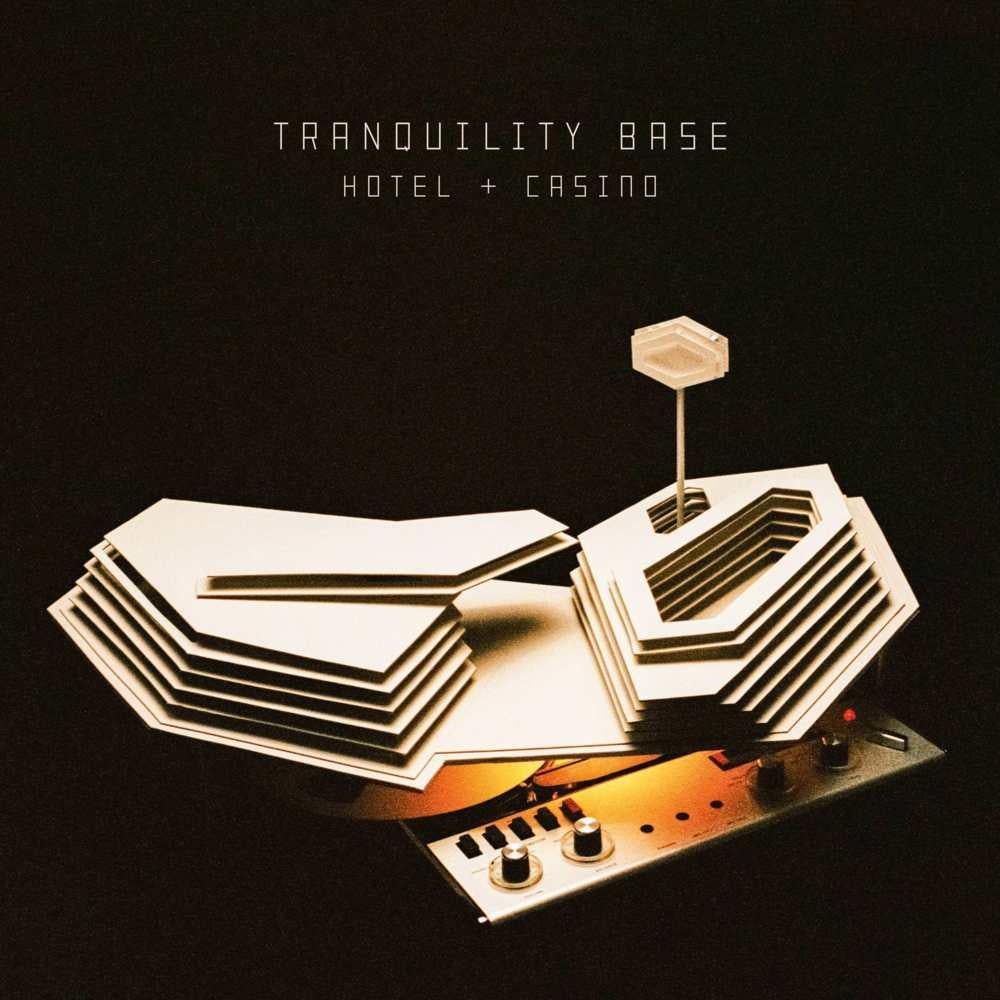
When a celebrated band is on a golden tear, nobody wants it to end. We waggle our critical pom-poms from the stands of their creative Silverstone until our cheerleading becomes second nature. And when that band then makes a screeching left turn into, say, space-age lounge music lacking much of the melodic brilliance we loved them for, nobody wants to be the guy in the crowd pointing out that the emperor might be wandering about like Kanye West’s wife.
So it was when Arctic Monkeys followed a magnificent couple of albums in Suck It and See (2011) and AM (2013) – records that made good on their early phenomenon and turned Arctics into unarguably the premier British band of their generation – with 2018’s Tranquility Base Hotel & Casino. An oddball concept record beamed in from a Vegas style lounge bar on the moon, and five years in the making… so we’d better take it seriously.
The album was met with a gushing reception, likening it to Bowie, Gainsbourg, Leonard Cohen and Pet Sounds. Elvis Costello’s 1998 collaboration with Burt Bacharach, Painted from Memory, but with lyrics by Lister from Red Dwarf, is perhaps a more apt comparison. No bad thing – you’d spend quality time with that. But, if we’re honest with ourselves, we wouldn’t kick an AM 2 out of bed to make way for it. MB
10. The 1975 – A Brief Inquiry Into Online Relationships
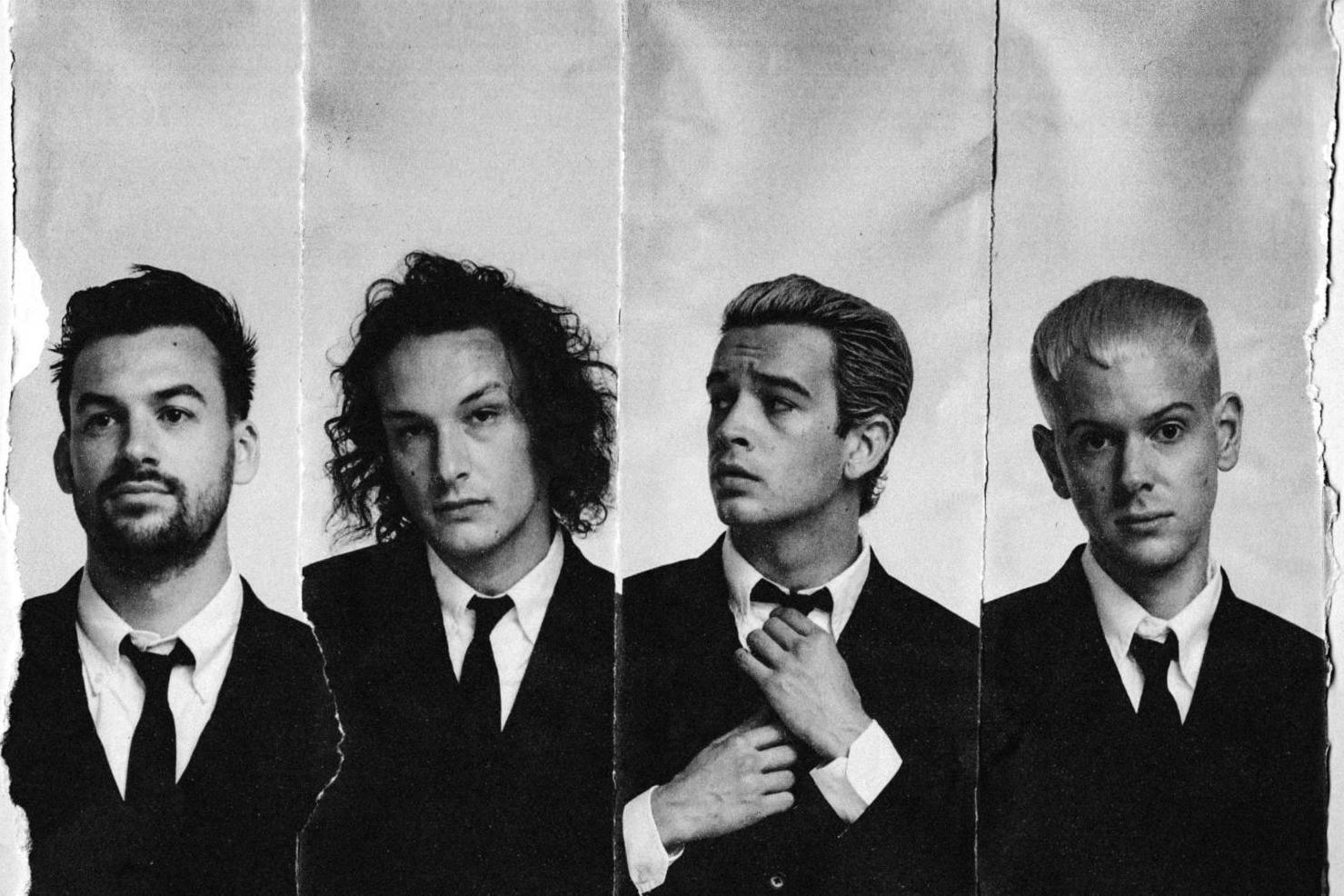
An interesting pop record. Subverts some mainstream norms with its abrasive rock, electronic and jazz elements, and its themes of nihilism, addiction and millennials’ unhealthy relationship with online life. It sounds a bit like a futuristic Go West having sex in a car while on heroin. Then you groove over to Wikipedia’s Critical Response section and suddenly discover you’re listening to a five-star, generation-defining masterpiece. Back to the record: an ambient Westlife are worrying about death in auto-tune. To the reviews again: “The millennial OK Computer”.
Admittedly, the overwhelming acclaim granted to The 1975’s third album may well have had the same pleasing effect on pop music as Radiohead had on rock. It made a leftfield, exploratory attitude the new standard and a route to both success and respect. But there was an undertone in the fervour around A Brief Inquiry… that 2010s poptimism was simply desperate for its own validatory cultural monuments. This, meanwhile, was an interesting pop record with some cracking tunes. Calm down. MB
9. Jeff Buckley – Grace

For his incredible, elemental cover of “Hallelujah”, Jeff Buckley deserves every ounce of his deification. Arguably the best cover version of anything ever, it shreds Leonard Cohen’s song apart from the inside, renders it utterly Buckley’s own and single-handedly makes his only album an essential landmark recording.
The remaining 45 minutes of Buckley’s own songs, however, sound like the velvet-lined padding on which this Faberge egg of a song rests. Dramatic, lustrous and passionately delivered, yes, but Grace too often pales in the shadow of Cohen’s focused songcraft. Jazzy ballads and church-like laments that might have owned a record that didn’t have “Hallelujah” on it sound muted and half-formed by comparison, and the rockier tracks resemble an overwrought hurricane billowing around the cover’s sublime eye. MB
8. Coldplay – Parachutes

A bizarre anomaly of modern musical discourse is the pop fan who admits to liking Coldplay, “but only the early stuff”. By which they mean Parachutes, the band’s only truly beige album. Before they became one of the most colourful, joyous and sonically inclusive major bands on the planet with albums like A Rush of Blood to the Head, Viva La Vida… and Mylo Xyloto, Coldplay produced a debut album of Radiohead-lite ballad rock that gave us “Yellow” and, by extension, Snow Patrol.
It was well-crafted, pleasantly unobtrusive, sporadically heartwarming and, with a few handkerchiefs carefully draped over lampshades, could make your student bedsit feel a tiny bit like a Parisian jazz bar. There are maniacs in the world who will argue it’s the only good thing they ever did. Pity them their never-glowing wrists. MB
7. Nirvana – In Utero
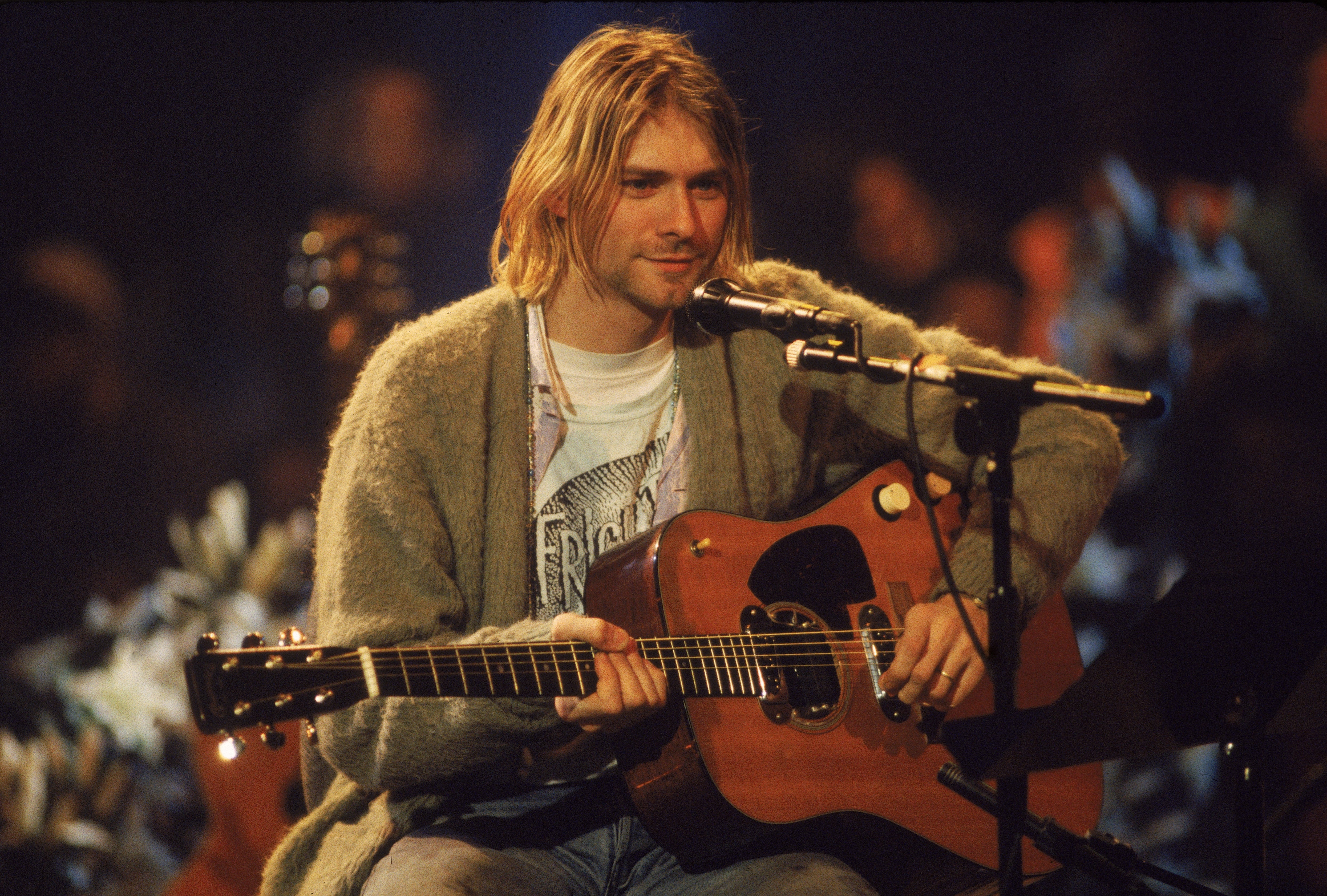
Famously, the Geffen record executives who first heard Nirvana’s hugely anticipated follow-up to Nevermind insisted on having Steve Albini’s radio-savaging mixes of the album’s potential singles – “All Apologies”, “Pennyroyal Tea” and “Heart-Shaped Box” – remixed by Scott Litt to make them more amenable to the delicate sensibilities of, say, Bush fans. If only they’d done the rest of the album too.
Even an attempt to return to the band’s raw pre-Nevermind essence could have been handled more deftly, and Albini should have been the man to do it, given the staggering impact of his dry and abrasive – yet spare, un-stuffed – work on Pixies’ Surfer Rosa or The Breeders’ Pod. Instead, In Utero arrived drenched in sludge and buried beneath gravel. Beyond those singles, and the “Smells Like Teen Spirit” retread “Rape Me”, Kurt Cobain’s songs were often left as indistinct as the body outline in a shallow grave. Their trademark loud-quiet-loud dynamic was rendered more loud-muddy-loud-chainsaw. Satisfyingly grisly yes, but also a bit of a splatterfest. MB
6. Led Zeppelin – Led Zeppelin IV
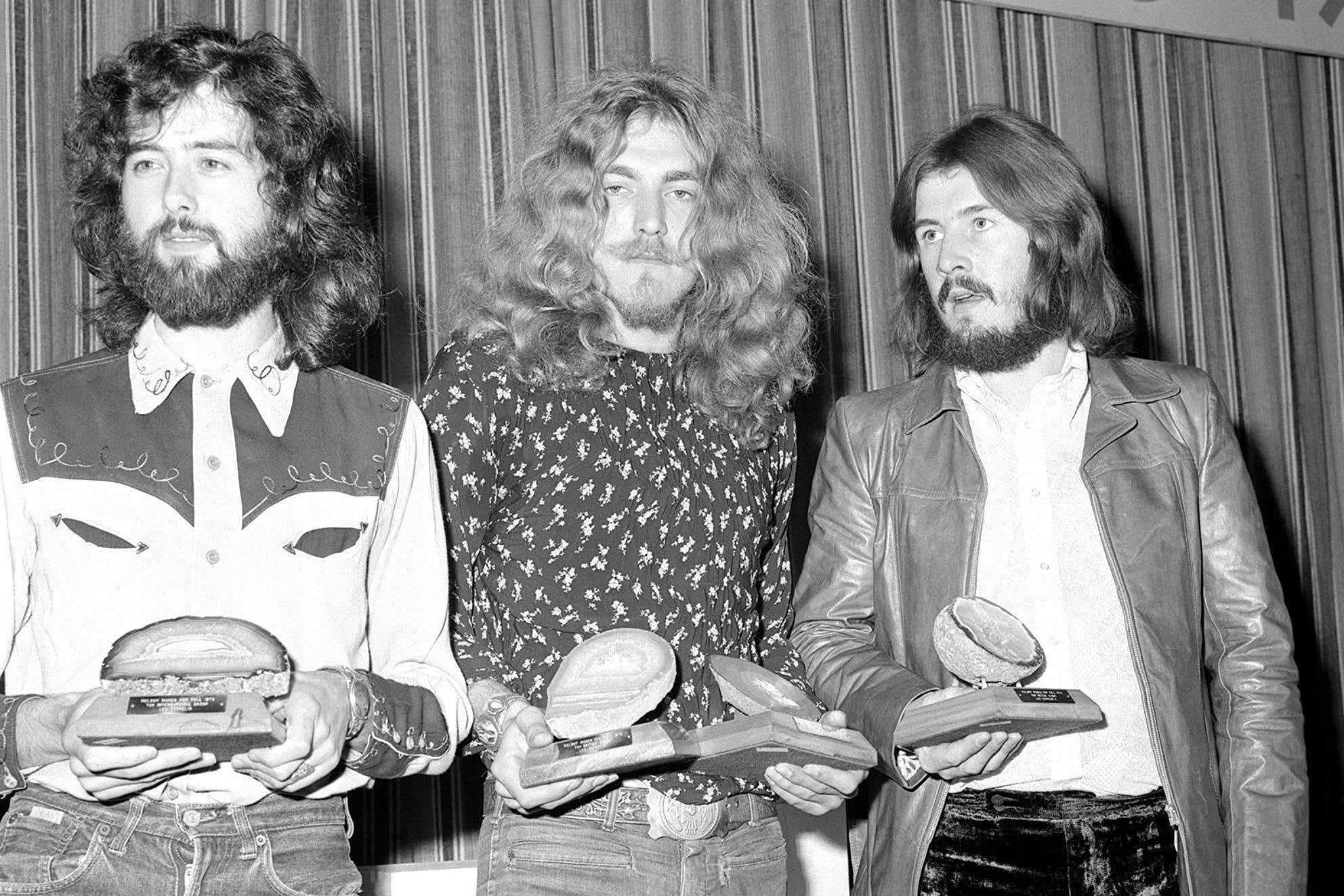
I appear to have been born immune to the diabolic allure of Led Zeppelin. Where others hear in their fourth – and bestselling – album a heavy metal cornerstone and 42 minutes of folk-rock perfection, I just hear one clumsy rip-off of Fleetwood Mac’s “Oh Well” that manages to trip over its own riff (“Black Dog”), some tired boogie rock (“Rock and Roll”), seven minutes of plodding blues bombast (“When the Levee Breaks”) and some frankly cheesy medieval Hobbit business (“The Battle of Evermore”).
The magnificence of “Stairway to Heaven” can’t be denied, nor the loveliness of “Going to California”, but for such a legendary hard-rock landmark, so much feels uninspired and second-hand. Save your withering subtweets though; I recognise that it is I who is deficient in The Rock here, and will now thrash myself continuously with a large bundle of sticks in penance until the mystical glory of Led Zeppelin IV appears to me. May the Dark Lord make me a Zep fan in the next life… MB
5. Florence + The Machine – Lungs
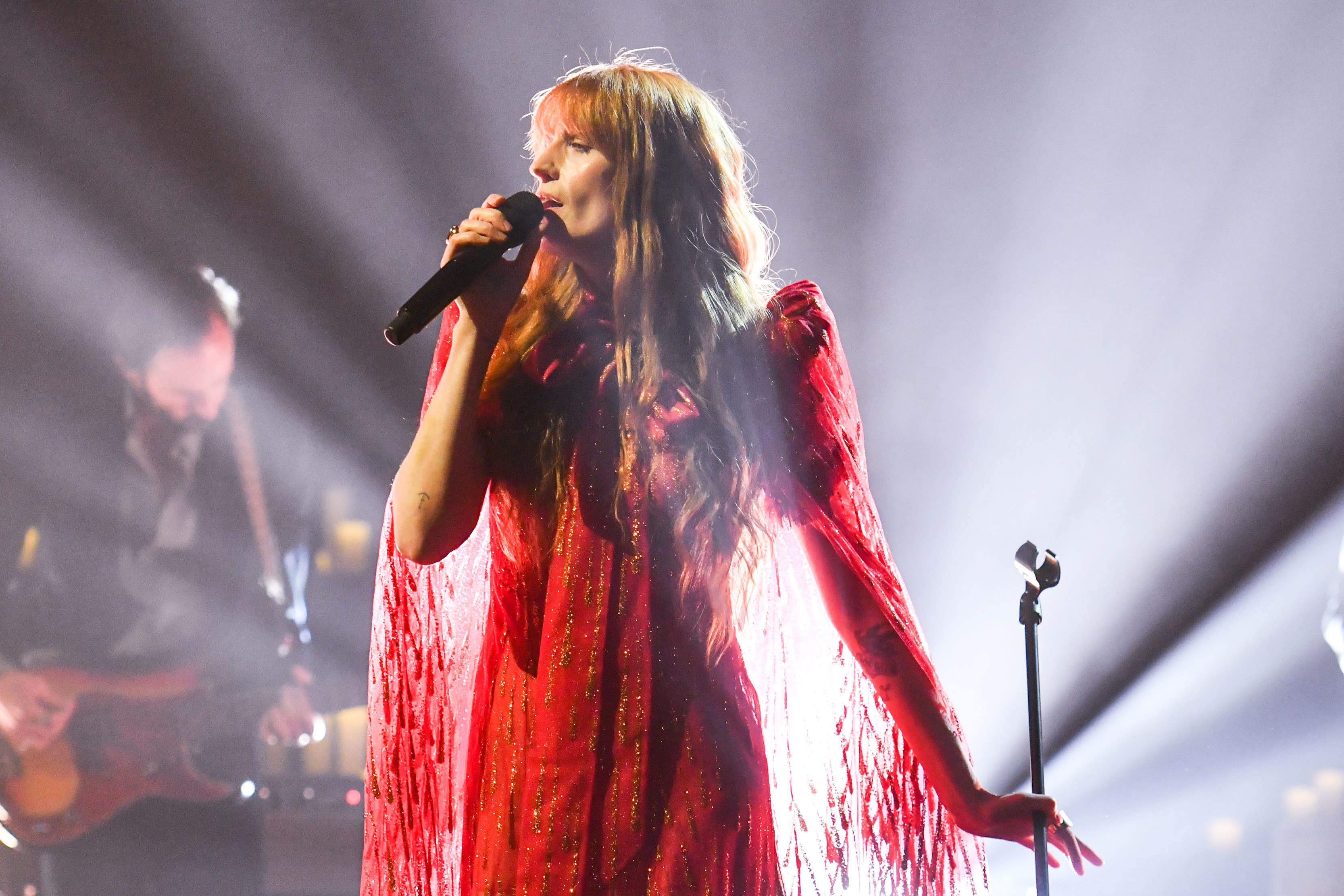
In September, Florence + the Machine’s Brit-winning debut album gets its own Prom. An accolade that, last time I checked, hasn’t yet been granted to Spiritualized, suggesting some sort of random symphonic lottery system must be in place. The entire success and reputation of Lungs, after all, is based around three impressive, advert-friendly singles, one of which is a cover playing off Nineties house nostalgia.
Beyond “Dog Days Are Over”, “Rabbit Heart (Raise It Up)” and “You’ve Got the Love” – and, okay, the punkish, excellent but sadly unrepresentative first single “Kiss with a Fist” – the album is little more than a blustery pagan pop vehicle for one of our most indulgent and overbearing voices. Only the very sturdiest songs survive Florence Welch’s wind-tunnel wailing; consider this an amber warning for the first violins to batten themselves beneath the Albert Hall stage and shelter in place until it’s all blown over. MB
4. Captain Beefheart & His Magic Band – Trout Mask Replica
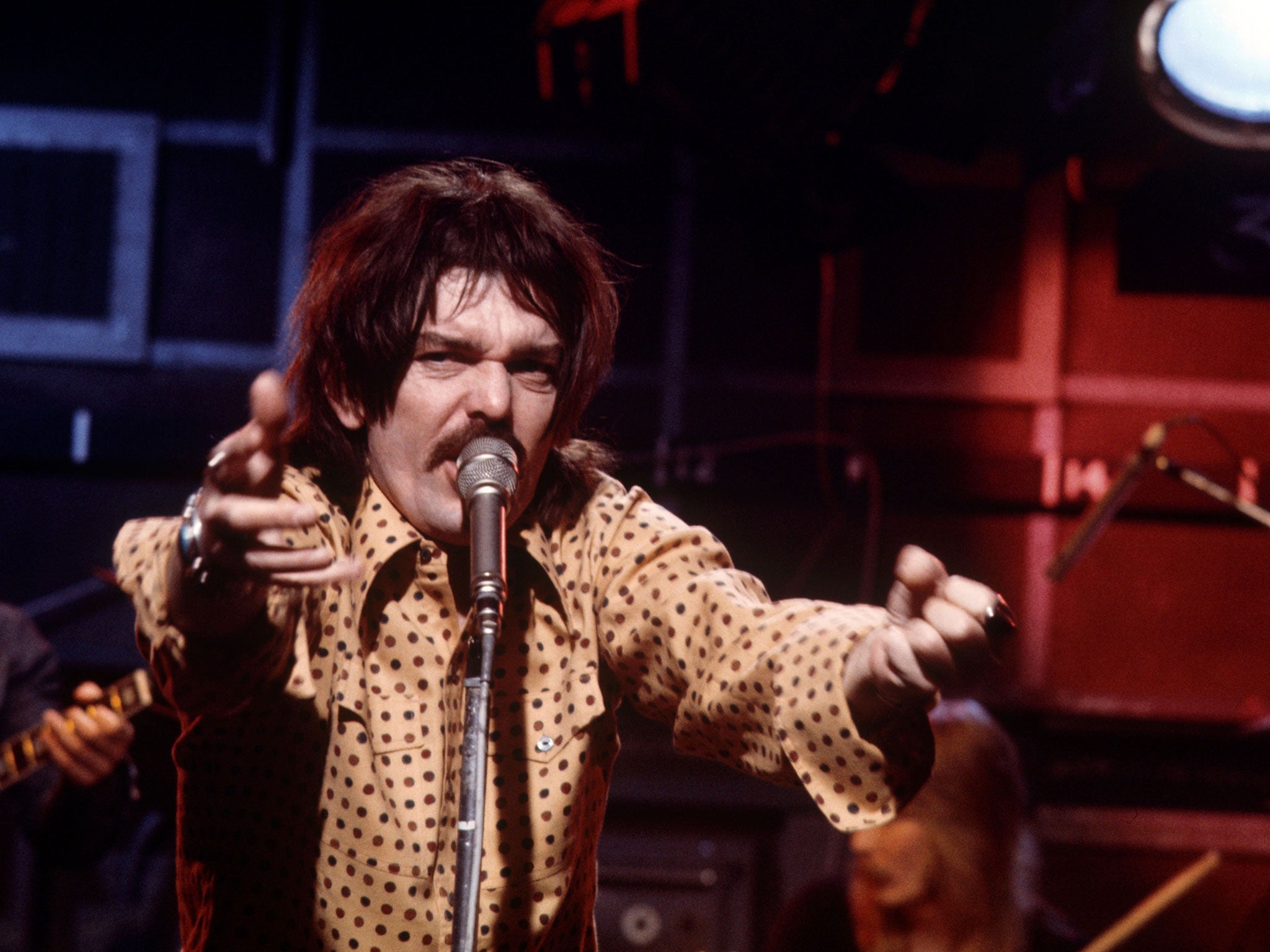
As with those people who turn up in A&E with unexploded Second World War bombs inexplicably lodged in their intestinal passages, we all know someone who knows someone who knows someone who genuinely likes Captain Beefheart’s third album. We’ve never met them: all we know is that this deranged (or enlightened) coterie of experimental music fan exists somewhere on the outskirts of society, a sonic Illuminati with a vastly over-representative sway on the Best Album polls of respected music magazines. Because there it always sits, around Number 62 or so, this unhinged 1969 double album of cranky macho blues, avant-garde freakouts, drug poetry and free jazz mongoose throttling.
Trout Mask Replica was written in eight hours on piano, an instrument that Beefheart, aka Don Van Vliet, couldn’t even play. But for all its lunatic, seemingly improvised chaos, it was actually rehearsed intensely for eight months by a band sequestered away under oppressive, violent and impoverished conditions. Hence, it’s often hailed as a complex experimental tour de force simply for exploding what a rock record could consist of, the noises it could make. John Lydon cites it as a formative influence on his punk and new wave work; Tom Waits and PJ Harvey are among its primitivist offspring. It remains the big bang of avant rock. Listening party, then? Thought not. MB
3. The Horrors – Primary Colours

There are, in music, the reinventors and the regurgitators. Reinventors take music that has gone before, reshape and recraft it, adding their own unique flavours and ideas to create something fresh and unique. Regurgitators simply copy what’s gone before in the hope of piggybacking on a ready-made audience. The Horrors’ second album – a critical hit and NME’s album of the year in 2009 – perhaps uniquely, was a regurgitation hyped as a reinvention.
It was every bit as comically derivative as The Darkness’s Permission to Land and other such retro revivalist fare, but its source material was hip and unmined enough to short-circuit the critical force field. Psychedelic tremolo bends, just like off My Bloody Valentine’s Loveless! De rigueur Joy Division atmospherics, complete with poor man’s Ian Curtis vocals! A whole song (“I Can’t Control Myself”) entirely ripped off Spiritualized’s “Come Together”! Badly! Shameless stuff from the Noughties answer to Menswear. MB
2. Radiohead – Kid A
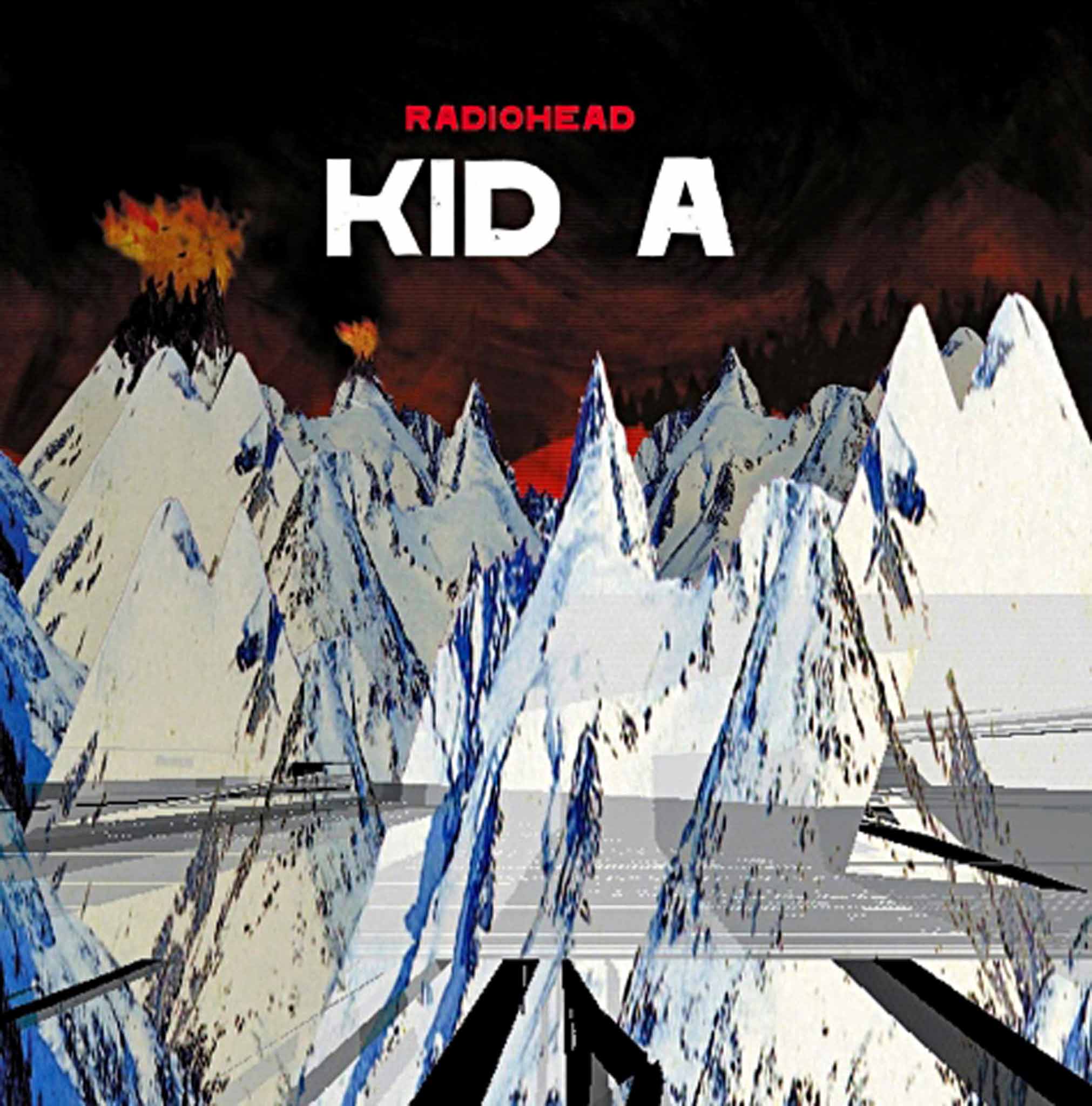
The greatest rock albums innovate, melodically. Kid A on the other hand, throwing the choruses out with the “rockist” bathwater, is one of those rare seismic cultural touchstones that’s a bit of a “meh” of a listen. The lasting influence of Radiohead’s daring leap into ambience, electronica, krautrock and jazz is tangible in the alternative experimentalism of the past 10 years or so – in Black Country, New Road, Alt-J, Everything Everything and dozens more. But over two decades on, the suspicion still remains that Kid A is only held in such higher regard than any albums by Boards of Canada, Aphex Twin or any of the other acts that inspired it simply because it was Radiohead who made it, and that they sold it in its millions to Radiohead fans.
I recall, at the first ever press playback in 2000, one reviewer fell asleep – there’s still something narcoleptic about most of it. The aimless “Everything in Its Right Place”, the dreary “How to Disappear Completely”, the plentiful ambient stretches that do little more than prove they’ve heard Low. At least “Idioteque” slaps, and “Motion Picture Soundtrack” is one of the greatest songs of the century so far. Otherwise, this was a culture-quake with far better aftershocks. MB
1. Interpol – Turn on the Bright Lights

So much of our connection with music relies on our instinctive reaction to a voice. Some, for instance, hear Axl Rose as a hard-rock Maria Callas; others, a cockerel in distress. Case in point: some critics have compared the voice of Interpol’s Paul Banks to that of Ian Curtis. Nothing, to these ears, could be further from the truth. Ian Curtis sang in the lush, tremulous baritone of a forlorn fallen angel. Paul Banks, on the other hand, sings like a goat. A syphilitic mountain goat that is profoundly constipated. A profoundly constipated, syphilitic mountain goat that has only been taught to sing three human notes, and spends the majority of Interpol’s debut album practicing them like a tone-deaf seven-year-old practices “Three Blind Mice” on violin.
As someone who hears heavenly hosts in David Gedge’s Yorkshire growls, I’m prepared to believe that Interpol fans have some superhuman ability to discern frequencies in Paul Banks’s vocals that make him sound less like a man with a dentist’s drill for a larynx and more like a nasal goth Mariah Carey. But for me, Turn on the Bright Lights will forever be an icepick to the eardrums, as irritating and unlistenable as if Nigel Farage was a sound. Turn off the bad noise. MB







